Start Your New Year Strong
Use SMART goals to tackle your New Year’s resolutions this year.
SMART stands for Specific, Measurable, Attainable, Relevant and Timely. Setting these will ensure that you are able to achieve what you set out to do and stay motivated along the way.
Start with a specific goal. This will give you something to work towards and makes it easier to track your progress. Instead of saying “I want to be fit”, you should say “I want to lose 5kg in the next 3 months”.
After you have the goal, the next step is to ensure that it is measurable. If your goal is unrealistic, this will make it hard to achieve and you’ll likely become discouraged. A good way to ensure this doesn’t happen is to set a specific number or measurement that you want to reach. For example, if your goal is to lose 5kg in the next 3 months, you can keep track of your weight every week to see how close you are to your goal and also whether what you’re doing is working.
Having attainable goals is very important because if the goal is unrealistic, it will make it hard to achieve and you’ll likely become discouraged. For example, if you haven’t exercised in years and your goal is to run a marathon in a month, this is highly unlikely. However, if your goal is to start running for 10 minutes a day, that is much more realistic.
Your goals should also be relevant to your overall health and well-being. If you set a goal that doesn’t align with your health and well-being, it will make it hard to stay motivated. For example, if your goal is to lose weight however you’re constantly going out to eat and not being careful with what you consume, it’s not a relevant goal because your lifestyle is completely different to one that needs to be adopted to achieve the goal.
Lastly, make sure your goals are timely. This means that you should set a deadline for when you want to achieve your goal. This will help to keep you motivated and accountable without straying off track.
After these goals have been made, it’s time to create a plan of action. This plan should outline and detail the steps you’ll be taking to achieve your goals. For example, if your goal is to lose 5kg, your plan of action might include things like exercising three times a week, eating a healthy diet and drinking plenty of water. If you are struggling to come up with a plan, consider seeking professional guidance from a certified personal trainer, dietitian, or other healthcare professional. They will be able to help you create a personalised fitness plan that is tailored to your specific needs and goals.
Keep in mind that your plan is able to be adjusted. This is why tracking progress is important because if you find that you aren’t progressing you may need to reevaluate the plan and change some things around. For example, if you aren’t losing weight you might need to change your diet or increase the amount of exercise you’re doing.
When tracking your progress, it can be beneficial to use a fitness tracker, a journal or even a simple spreadsheet to log your results. This will make it easier to look back on in the future and identify whether or not you are reaching the goal you’ve set for yourself.
Another important aspect of following SMART goals is to find a form of exercise that you enjoy and make that a regular part of your routine. If you enjoy the exercise, there is a higher chance of you staying motivated and wanting to do it on a regular basis. There are many different types of exercise to choose from such as running, cycling, swimming, weightlifting and yoga. Find something that you enjoy and stick with it.
It is also important to incorporate a balance of cardiovascular exercise, strength training, as well as flexibility/stretching into your regular routine. The cardiovascular exercises will help improve your heart and lung health, strength training will help build muscle and improve your overall fitness, and flexibility and stretching will help prevent injury and improve your overall mobility.
At the end of the day, staying consistent and motivated is key when it comes to following SMART goals. It is very easy to lose motivation and get discouraged when you don’t see results right away, but it is also very important to remember that change takes time. Stay consistent and don’t give up, even when things get tough. Also find ways to stay motivated, whether it be through rewards or visualisation techniques. Surrounding yourself with people who are supportive and encouraging will also help.
Finally, listen to your body. It is important to listen and not push yourself too hard. If you are feeling tired or unwell, take a break and come back to your workout routine when you are feeling better. Overworking yourself can lead to injury and burnout. Just be patient and don’t get discouraged by temporary setbacks. Remember that progress wil not always be linear and there will be times when you hit a plateau or even backtrack. The most important thing is to keep going and maintain a positive mindset.

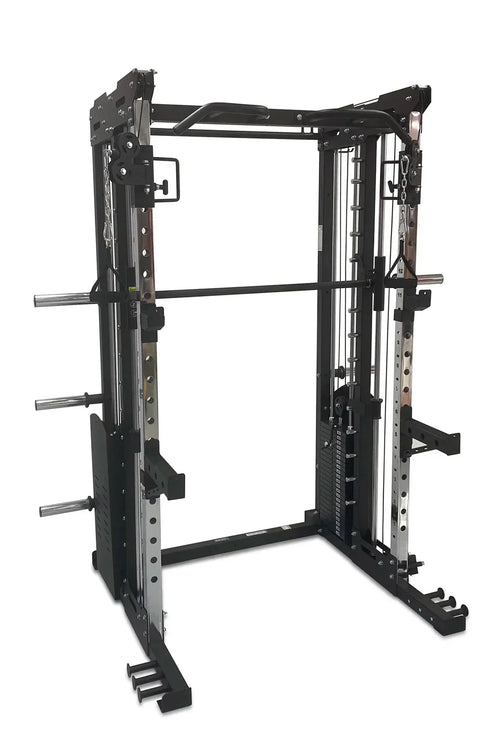
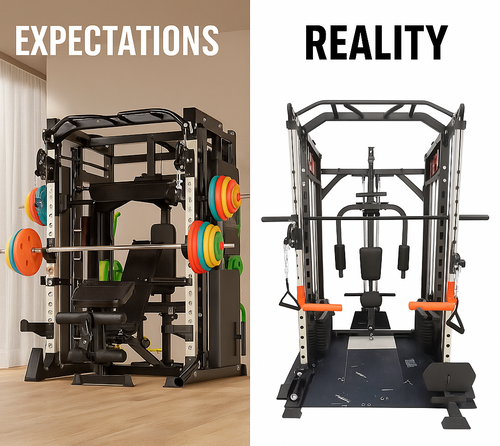
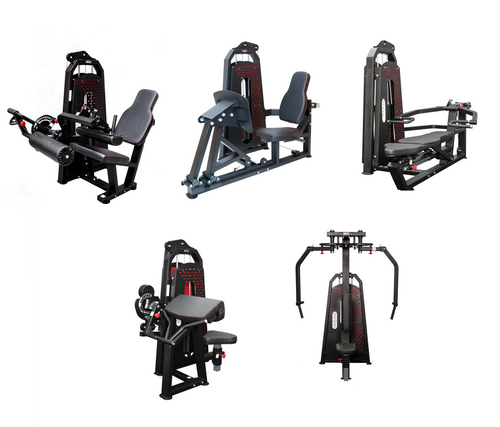
















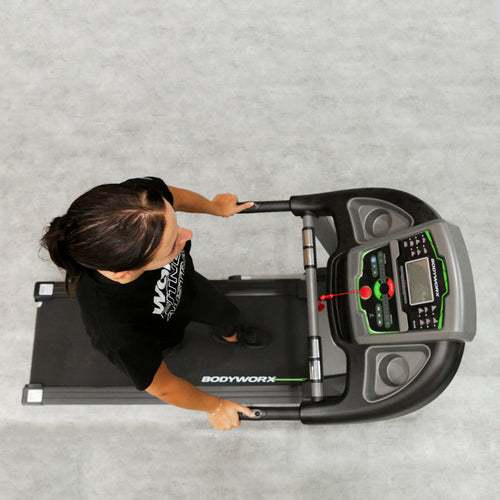






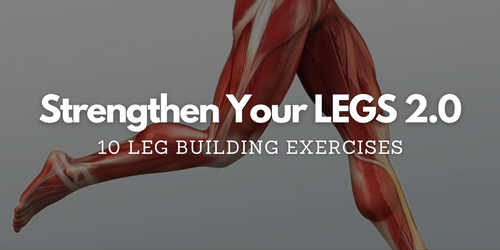




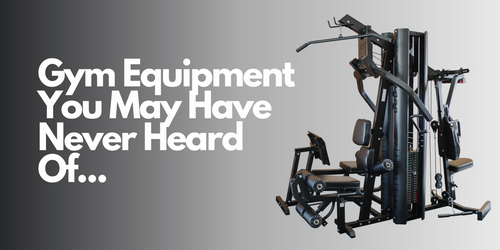









Leave a comment